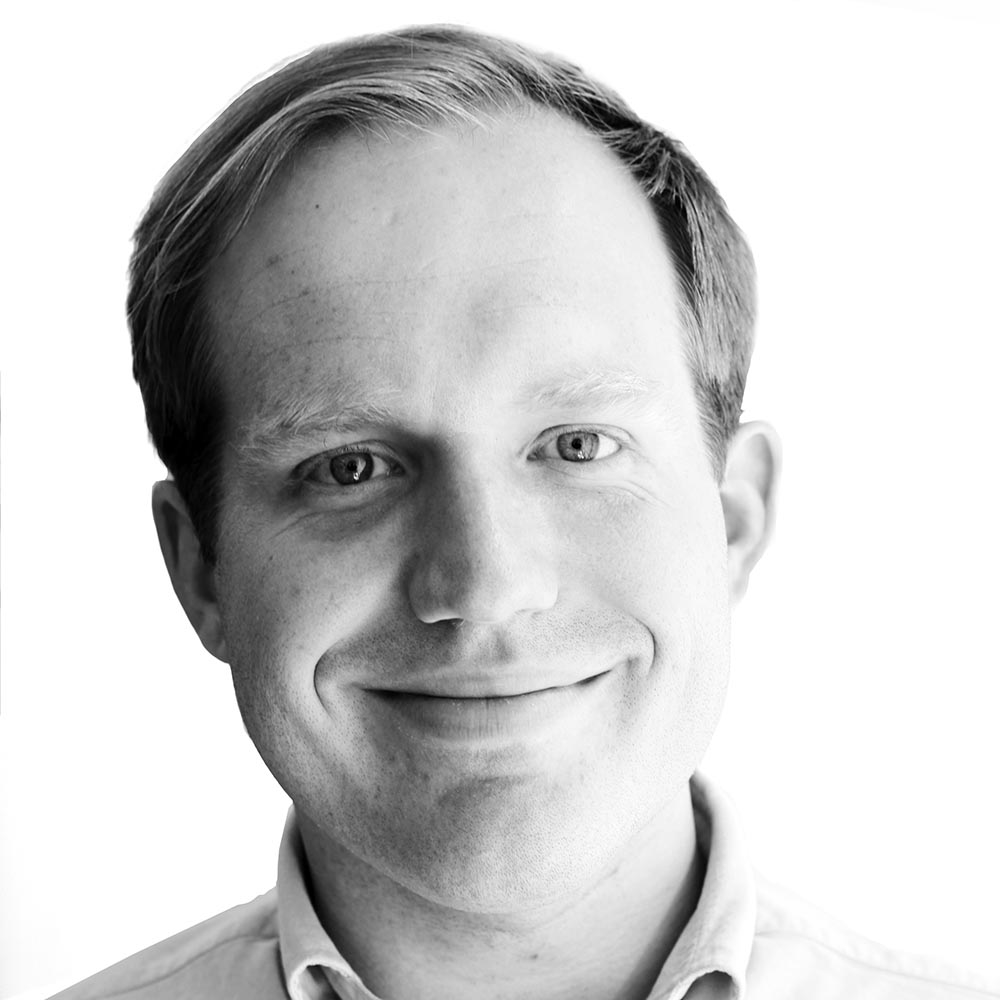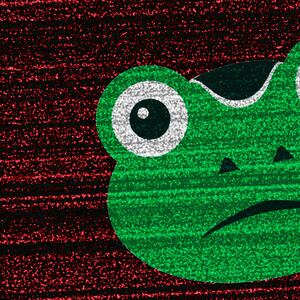The two most prominent right-wing social media networks are clashing over who will score a Donald Trump account, even though it’s not clear that the president will be posting on either of them any time soon.
The tensions between two rival platforms popular with the right, Gab and Parler, broke into the open last week after Politico reported that Trump campaign officials are considering opening an account for the president on Parler. Trump campaign manager Brad Parscale has made an account on the social network, and met with Parler CEO John Matze in early May.
Faced with the prospect of a competing social network getting a veritable Trump endorsement, Gab has gone on the offensive. In an email to The Daily Beast, the site’s founder Andrew Torba suggested that Parler is a dead social network popular only with minor Trumpworld hangers-on.
“We aspire to be much more than just a social network for Z-list MAGA celebrities,” Torba told The Daily Beast. “We want to create a place for free thought online for the entire world.”
The clash between Gab and Parler is about more than just which of the social media networks aimed at conservatives can win Trump’s affections. It’s about business.
If the president brought even a fraction of his 60 million Twitter followers to the fledgling app, Parler would become the leading social network alternative for conservatives; and it would all happen as Republicans from Congress to Fox News claim that the major social media networks are biased against them.
Parler was founded in 2018 as a “free speech-driven” social network. After a burst of attention in December following an endorsement from right-wing activist Candace Owens, the site had struggled to find an audience among the right-wing internet universe. The attention from the Trump campaign gave it a new spotlight. So too did Matze’s recent appearance on Laura Ingraham’s Fox News show, where Ingraham positioned the site as the answer to alleged social media bias against conservatives.
“One company is stepping into the breach, however, to solve this: Parler,” Ingraham said.
All that attention has irked Gab, which has been the best-known social media network alternative for the right. In response, Gab’s company Twitter account launched a series of salvos in an effort to prove that Parler has a significantly smaller user base and lacks the technical expertise of Gab’s staff. In one chart, Gab claimed that Parler failed to capitalize on the initial interest after Owens endorsed the site in December.
Parler has stayed silent amid Gab’s attacks, and didn’t respond to a request for comment.
While Gab is more established than Parler, conservative personalities appear to have grown leery with the older site because of its reputation as a haven for neo-Nazis and other extremist groups who gravitated there after being kicked off of Facebook and Twitter. Pittsburgh synagogue shooting suspect Robert Bowers, for instance, allegedly announced his intention to commit the massacre on Gab, and after that shooting the site temporarily went offline when tech companies cut ties with it.
Both Gab and Parler have faced technical issues. Gab has been accused of inflating its user figures, and Parler still remains difficult to use even after the press positioned it as a viable Twitter alternative. Amid the initial rush of attention in December, Parler frequently went entirely offline under the weight of its new users.
Parler has also faced more mundane issues. While the site’s name was originally supposed to be pronounced parlay like the French word “to speak”—parler—its CEO John Matze soon realized that the site’s audience wasn’t realizing that. So he relented and changed the site’s pronunciation to be like “parlor.”
Trump’s campaign is reportedly considering the move to Parler as the president grows more vocal in his attacks on Twitter, complaining in March that the social media company is “on the side of the Radical Left Democrats” and discriminates against conservatives. Trump met with Twitter CEO Jack Dorsey at the White House to complain about drops in his follower count.
The Trump campaign didn’t respond to a request for comment.
Torba claims that, despite its claims to be the free speech social network, Parler could start censoring content once it faces controversy.
“It will be interesting to see whether Parler can survive a genuine controversy, which it hasn’t had—since nobody uses it,” Torba told The Daily Beast.







